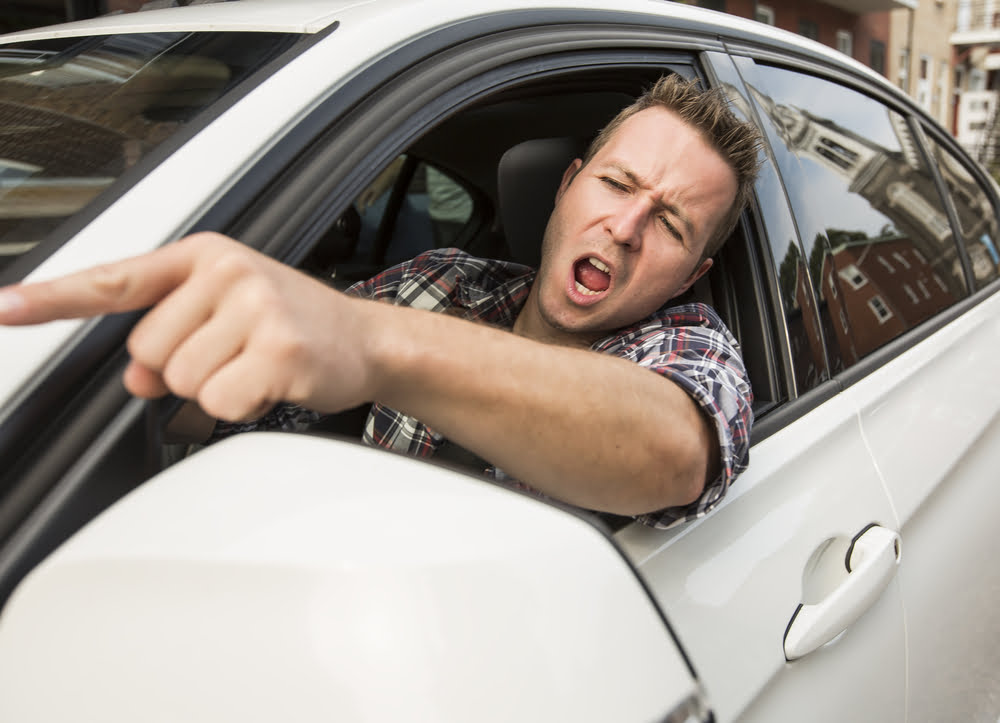Be yourself, drive slower! That is the slogan of the new road safety campaign of Brussels Mobility. A little over a year after the introduction of City 30, the intention is to continue to point out the importance of complying with the speed limit. Together with the awareness campaign, stronger action will also be taken, including with new speed cameras that will be operational soon! Traffic jams, parking problems, risk of late arrival, aggression, offenses by other road users… driving in the city can be stressful.
"Speed is not a solution, on the contrary, it can bring out the worst in us and thus increase the risk and seriousness of accidents. Be yourself and always be careful: no 'good excuse' is worth a traffic accident".
Elke Van den Brandt, Minister of Mobility and Road Safety.
An unconventional campaign to push the accelerator less
We have all experienced that we are not quite ourselves when driving. With a nod to cult horror films, this campaign asks drivers not to turn into monsters when they put a heavy foot on the accelerator, but to stay relaxed and zen for the well-being and safety of everyone, including themselves.
"As the past road safety campaigns have shown, Brussels Mobility is increasingly adopting a 'quirky' tone. In order to pursue a change in behaviour, we have to be surprising in order to attract attention."
Spokesperson for Brussels Mobility Inge Paemen.
The campaign can be seen on social networks and on posters in the public space and in the Brussels car parks, but also uses innovation. “From February 19, Brussels Mobility will offer a “virtual reality” experience in several large shopping centers. During a two-minute virtual car ride, visitors can experience the difference between 30 and 50 km/h. Along the way, they see various 'surprises': a cyclist, a pedestrian crossing, a child chasing a ball, a tram in the rear-view mirror, etc. A software package measures the driver's attention and at the end delivers a personalized report in which the results of 30 and 50 km/h are compared.”
Driving fast doesn't save you monstrous time
In the city, the travel time consists of the sum of the travel time itself and the stop or waiting time. Traffic lights, intersections, traffic jams, etc. mean that the average speed of a trip in the capital is about 18 to 24 km/h during the day and 30 km/h at night.
Comparative measurements on 12 type of routes in 2019, 2020 and 2021 show that driving at 30 km/h, and thus complying with the speed limits, has no meaningful impact on travel time. It remained more or less stable on every measured route, regardless of the time of day (rush hours – off-peak hours).
Speed cameras work!
Thanks to the section controls on Brussels roads, Brussels Mobility was able to observe a real decrease in the number of drivers committing a speeding offense between 2019 and 2021. The City 30 effect even reduced the number of speeding violations by -85%! Agreements are currently being signed with the Brussels police zones to put 28 new speed cameras into operation by March. A new trajectory control will also be introduced on the Gentsesteenweg, according to Brussels Mobility.
Also read: Convoy of freedom on its way to Brussels



